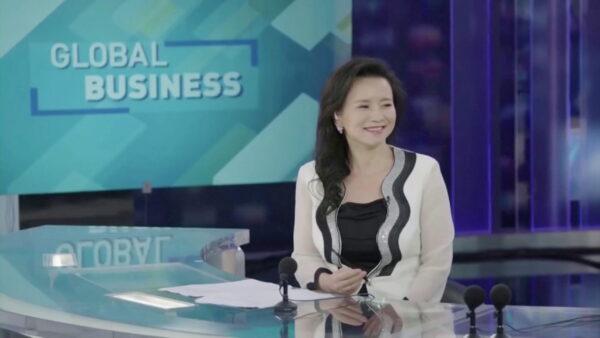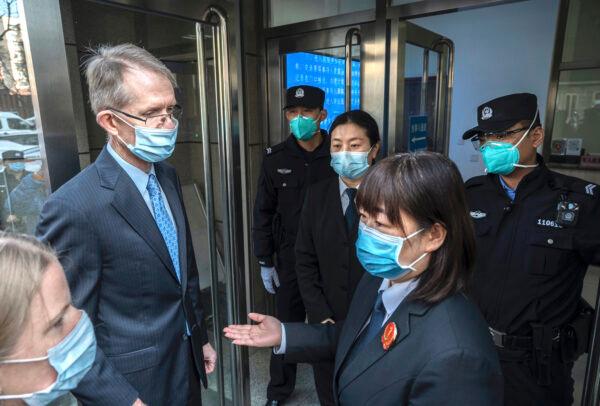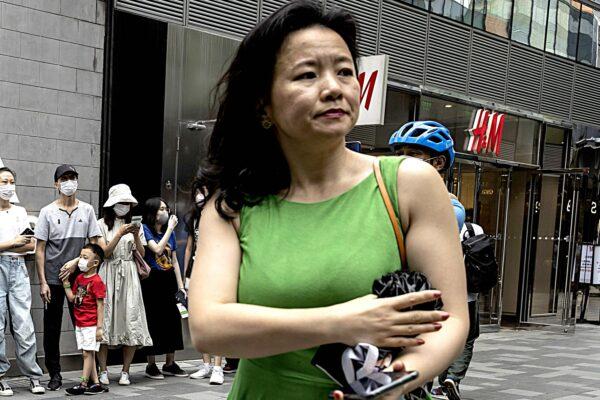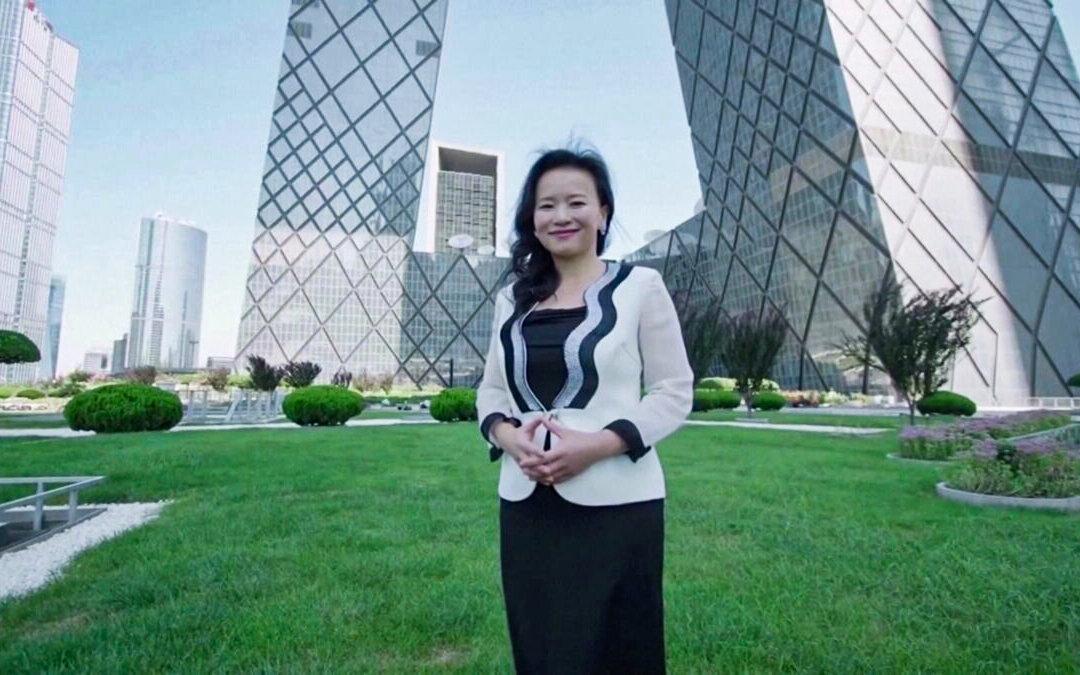The partner of Cheng Lei, a Chinese-Australian journalist, detained in China for almost two years, has raised concerns about Cheng’s declining health and the suspension of consular visits.
Nick Coyle, the outgoing CEO of the Australian China Chamber of Commerce, revealed that monthly consular visits and regular 30-minute video meetings between his partner Cheng and Australian officials have been suspended due to the Chinese Communist Party (CCP)’s tight COVID-19 restrictions.
“She’s been able to make no phone calls with anybody. She’s had maybe three visits from her lawyer, just to prepare for the trial.”
“Having been in the Chinese system myself, (I) lived there, if they wanted to put an exemption in for Australian officials, they have to get tested before they go in anyway. Do a PCR test or do a couple days quarantine ... and have a video call,” he said.

“This is deeply concerning, unsatisfactory and very regrettable,” Fletcher told reporters at the time. “We can have no confidence in the validity of the process which is conducted in secret.”

Coyle also expressed concerns about his partner’s “range of health issues,” which have declined since her detention and been exacerbated by eating raw rice.
“Fortunately, we’re dealing with about the strongest person I know, mentally, emotionally, but there have been really difficult health challenges along the way,” Coyle said.
“She joked with me in one of the consular visits in one of her messages to me that my Starbucks coffee, I spent more on that, than her week’s worth of food.”
One of the excuses given by CCP officials for Cheng’s lack of nutrition was that the pandemic caused food restrictions in Beijing, while Coyle is not convinced by the claims.
“There’s been no food restrictions in Beijing, I talk to people there literally every day,” he told Sky News. “The idea that the detention centre couldn’t get adequate food is just not acceptable.”
Coyle also said he still couldn’t figure out what Cheng might have done wrong, saying she isn’t even that interested in politics, rather focusing on business.
“It doesn’t make any sense to me,” he said. “It never has.”

Having graduated from the University of Queensland, Cheng returned to China and became a business analyst for a Sino–Australian joint venture in 2001. She started her journalism career at CCTV a year later, according to her CGTN profile page. The profile has since been removed from the website, along with videos featuring Cheng’s previous reports.
After working as a CNBC China correspondent for nine years, she started working at CGTN’s office in Beijing in 2012.
Being the second Chinese Australian detained by Chinese authorities since 2019 after writer Yang Hengjun, Cheng was detained months after then Australian Prime Minister Scott Morrison called for an inquiry into the origins of COVID-19. A deteriorating diplomatic relation followed, with Beijing began to impose trade tariffs and restrictions on Australian exports in retaliation to Canberra.
Cheng’s two children reside in Melbourne, with Coyle saying they had not seen their mother since her arrest.
“Kids are resilient, so I’m sure that in time they’ll get through it, but that’s even more reason why she needs to be back. It’s not about me, it’s about her and her kids,” he said.
After the trial in March, Cheng’s verdict was deferred to an unspecified later date.




